World 1745-1901
Trade and the morality of some trade such as slavery are brought into question during this period. Included here are articles providing information about the world structures and the challenges they experienced in this period. Key individuals are explored such as Thomas Payne, and how their reach was British, European and Global. In other articles the encounters with China that are taking place in the 19th century are discussed.
Sort by:
Date (Newest first) | Title A-Z
Show:
All |
Articles |
Podcasts |
Multipage Articles
-
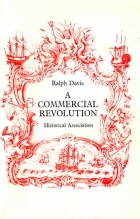
A Commercial Revolution
ArticleClick to view -

A-Level Essay: To what extent does the art of the Edo period of Japan reflect the contentment of the classes within its society?
ArticleClick to view -
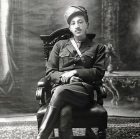
Afghanistan in the 1950s - Films
ArticleClick to view -
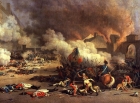
Age of Revolutions Resources
InformationClick to view -
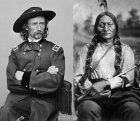
American West Depth Study Podcasts
ArticleClick to view -

Attitudes to Liberty and Enslavement: the career of James Irving, a Liverpool slave ship surgeon and captain
ArticleClick to view -
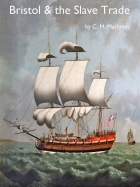
Bristol and the Slave Trade
ArticleClick to view -

Broadening and deepening narratives of Benin for Year 8
ArticleClick to view -

CARGO Classroom: digital resources for diverse histories
17th March 2021Click to view -

Combating a Cook-centric past through co-curricular learning
ArticleClick to view -

Cunning Plan 143: enquiries about the British empire
ArticleClick to view -

Cunning Plan 191: diving deep into ‘history from below’ with Year 8
ArticleClick to view -

Cunning Plan 97: A-Level: International Relations 1890-1914
ArticleClick to view -

Cunning Plan… for using the story of Eunice Foote to bring environmental history into the curriculum
ArticleClick to view -

Decolonise, don’t diversify: enabling a paradigm shift in the KS3 history curriculum
ArticleClick to view -

Empires of Gold
ArticleClick to view -
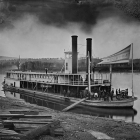
From Sail to Steam
ArticleClick to view -

Historical thinking and art education in Canada’s era of societal reckoning
ArticleClick to view -

How did changing conceptions of place lead to conflict in the American West? Reflecting on revision methods for GCSE
ArticleClick to view -
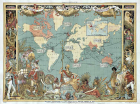
Navigating the ‘imperial history wars’
ArticleClick to view

